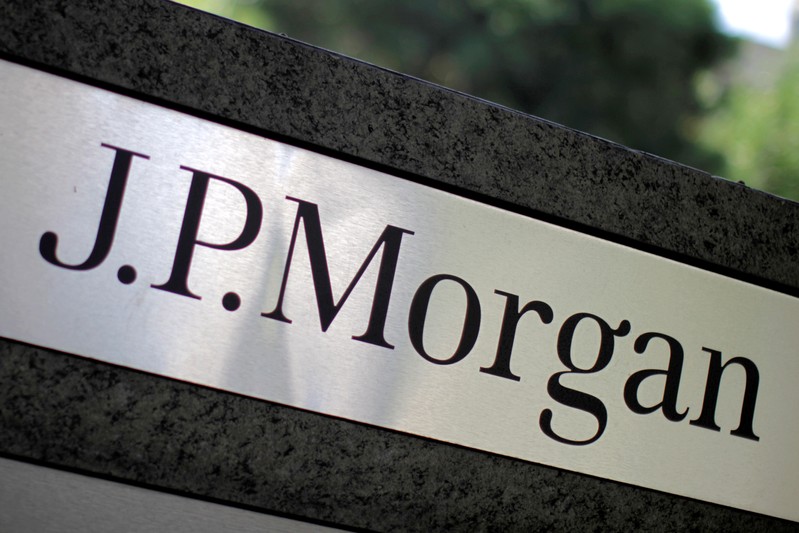When GlaxoSmithKline (NYSE: GSK) dropped out of the bidding process for Pfizer‘s (NYSE: PFE) consumer healthcare division, it appeared that Pfizer’s only option was to spin off the segment as a new company.
Apparently GlaxoSmithKline ultimately had the same idea for its division.
Continue Reading Below
The companies smartly realized combining the divisions first, creating a larger consumer healthcare company and saving $650 million by reducing duplication, was the way to go. Last week, the companies disclosed the plan for a joint venture. Based on their relative contributions, Pfizer will own 32% of the new entity while GlaxoSmithKline gets the other 68%.
For now, at least.
Going independent
Since GlaxoSmithKline will be a majority owner, it’ll be in charge of deciding what to do with the joint venture for the first five years after the deal closes, which is expected to complete in the second half of next year. For now, GlaxoSmithKline’s plan is to spin off the joint venture as a public company listed on the U.K. equity market and distribute shares of the new company to current shareholders, but it also left open the option to sell some or all of the shares in an initial public offering.
If the decision gets pushed beyond five years, Pfizer would get a say in splitting off the joint venture as a separate company. For now, because it has a minority stake, Pfizer will remove the consumer healthcare products from its revenue line once the deal closes, which should help boost overall revenue growth since the consumer healthcare products were relatively slow growers. It’ll also boost Pfizer’s margins, because Advil, Centrum vitamins, and the like don’t sport as high of margins as Pfizer’s prescription drugs.
Advertisement
Sell or distribute?
The big question now is whether Pfizer will sell its shares during the expected initial public offering of the new company or distribute the shares to current stockholders. Pfizer could also just hold onto them and collect the dividend — and hopefully capital gains, as well — but considering Pfizer was previously looking to offload the business in a sale, that option seems less likely.
Pfizer ended the third quarter with over $17 billion in the bank, so it’s not exactly hurting for cash. It also has $33.65 billion in long-term debt, but interest expense was only $310 million in the third quarter, which was easily serviceable with the $4.18 billion in operating income.
A sale of shares would result in more flexibility, since Pfizer could use the cash to invest in its growth, pay back debt, or buy back shares, although the sale would probably come with a tax hit. Distributing shares to shareholders would likely be more tax-efficient, but wouldn’t benefit Pfizer unless it swapped shares of Pfizer for shares of the new consumer healthcare company, which would reduce the share count and be functionally equivalent to a buyback.
If history is any indication, that might be the choice management makes. When Pfizer spun out animal health division Zoetis a few years ago, Pfizer held onto over 80% of the shares, and then a few months later, it gave investors the option of trading their shares of Pfizer in for shares of Zoetis at a 7% discount, allowing the company to dispose of its remaining shares in the animal health company.
That hybrid option could be the best plan for Pfizer here as well, with the ability to raise some capital through a sale of some shares at the IPO and still be shareholder-friendly by reserving the remaining shares to distribute to stockholders who would prefer to own the slow-but-steady consumer healthcare company.
10 stocks we like better than PfizerWhen investing geniuses David and Tom Gardner have a stock tip, it can pay to listen. After all, the newsletter they have run for over a decade, Motley Fool Stock Advisor, has quadrupled the market.*
David and Tom just revealed what they believe are the 10 best stocks for investors to buy right now… and Pfizer wasn’t one of them! That’s right — they think these 10 stocks are even better buys.
Click here to learn about these picks!
*Stock Advisor returns as of November 14, 2018
Brian Orelli and The Motley Fool have no position in any of the stocks mentioned. The Motley Fool has a disclosure policy.

